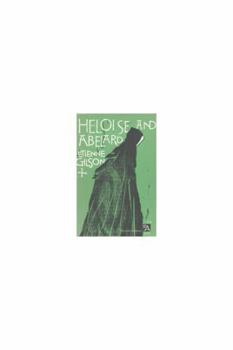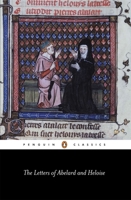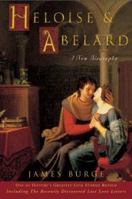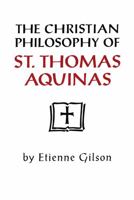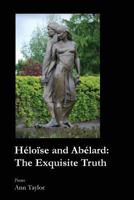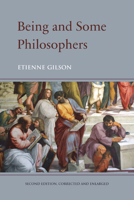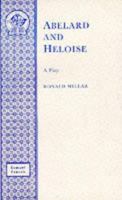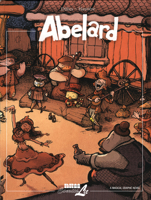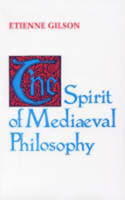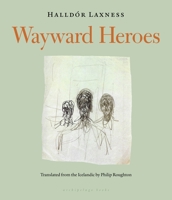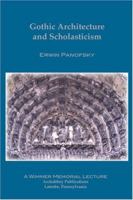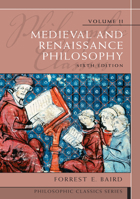Héloïse et Abélard
Select Format
Select Condition 
Book Overview
Heloise and Abelard by Etienne Gilson explores the intense and tragic love affair between twelfth-century philosopher Peter Abelard and his brilliant student Heloise. Translated by L. K. Shook, the book delves into the intellectual and personal dynamics of their relationship, set against the backdrop of medieval philosophy and theology. Through a meticulous analysis of their correspondence and historical context, Gilson addresses the secrecy of their marriage, the ethical implications of their love, and Abelard's conversion to religious devotion. The narrative offers a nuanced understanding of their motivations and the societal conflicts they faced, supported by extensive scholarly research. This work provides a comprehensive examination of the intersection of love, philosophy, and theology in their compelling story.
Format:Paperback
Language:English
ISBN:0472060384
ISBN13:9780472060382
Release Date:March 1960
Publisher:University of Michigan Press
Length:208 Pages
Weight:0.53 lbs.
Dimensions:0.5" x 5.5" x 8.0"
You Might Also Enjoy
Customer Reviews
1 customer rating | 1 review
Rated 5 starsThis is a real historical detective story
By Thriftbooks.com User,
The writer of Medievel mysteries Umberto Eco, after seeking his counsel, called Etienne Gilson an "Illustrious medievalist... dear and unforgettable" (quoted from the intro of the book "The Name of the Rose"). Well, Etienne Gilson, in this book, "Heloise and Abelard" sets out to solve a real mystery set in medieval times; that of the intricacies of love, an unplanned pregenancy, and the resultant problems (Abelard ,was castrated...
0Report











